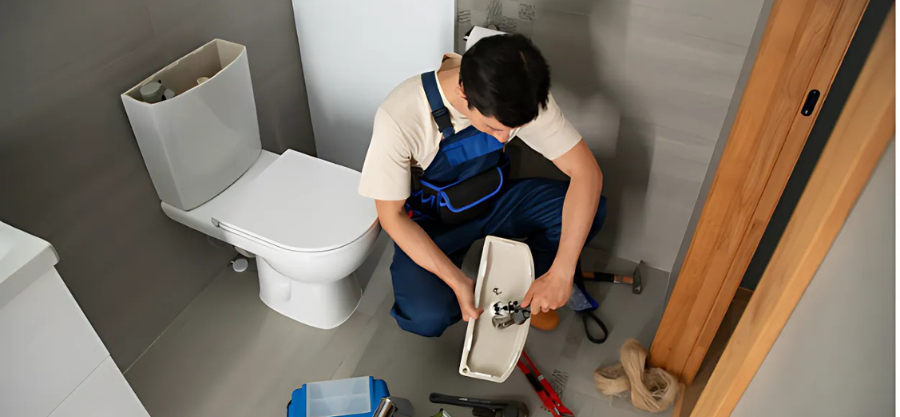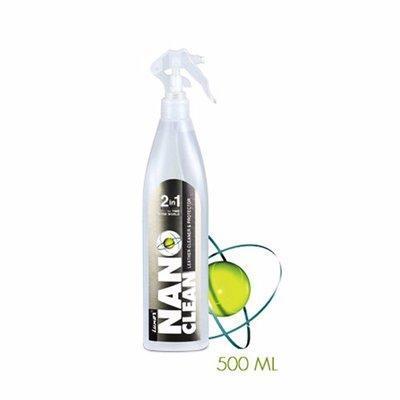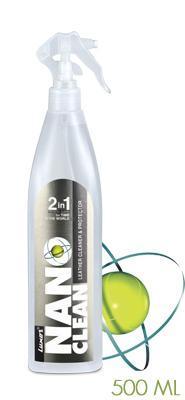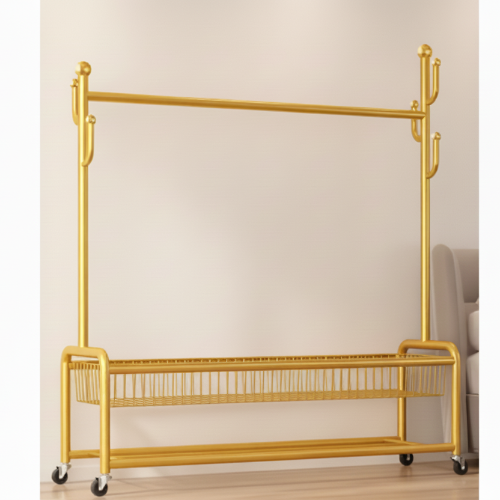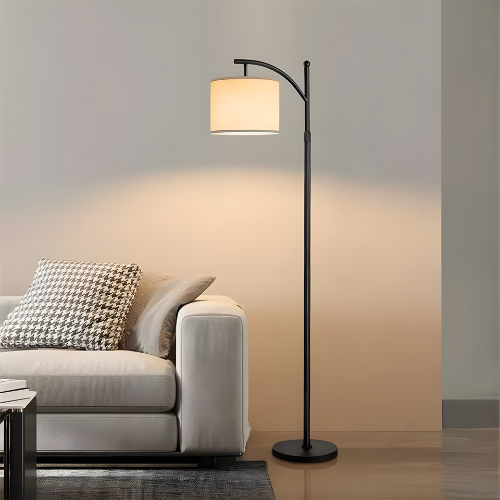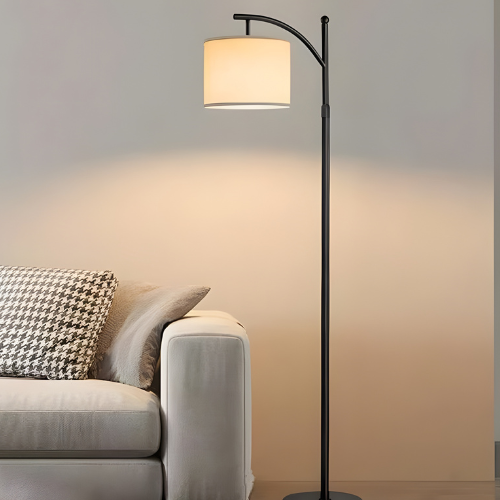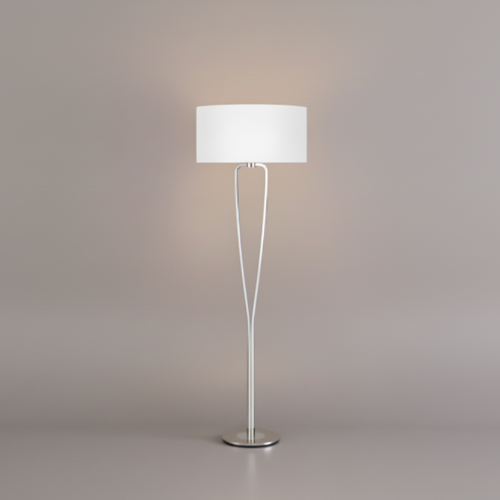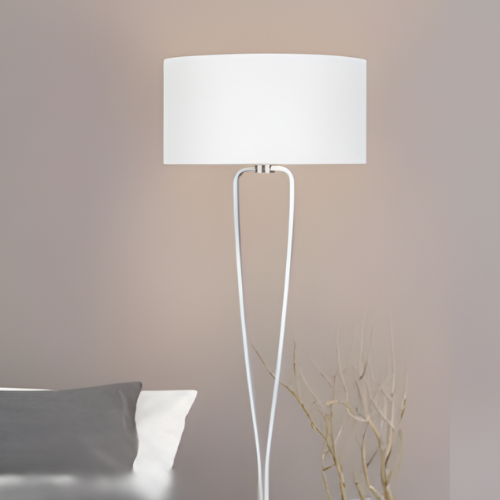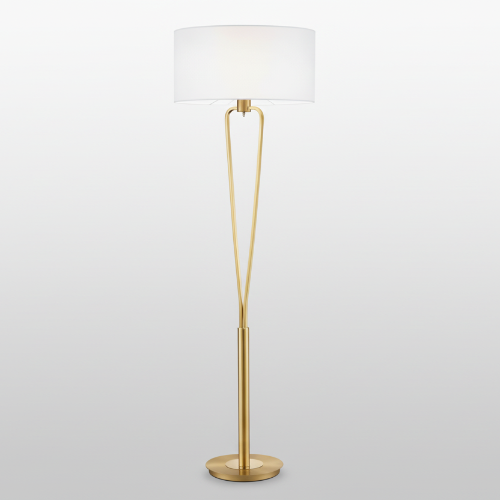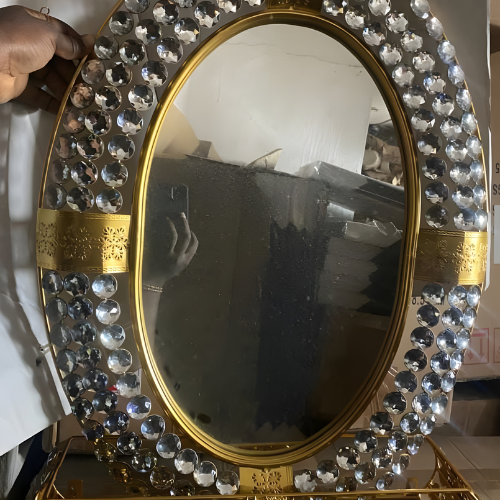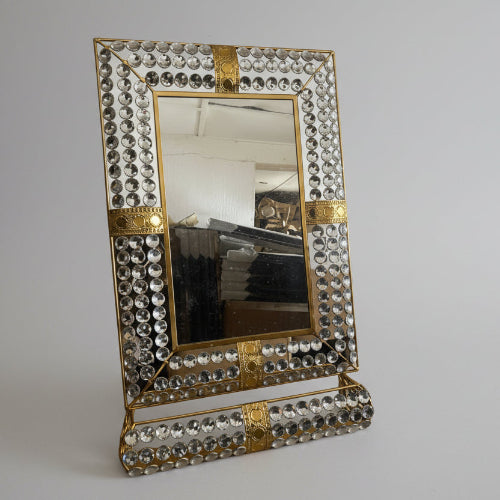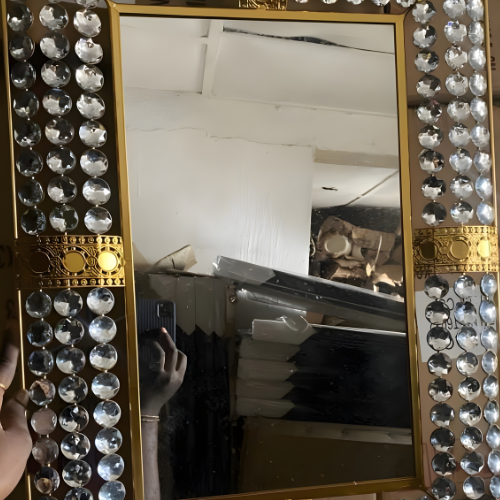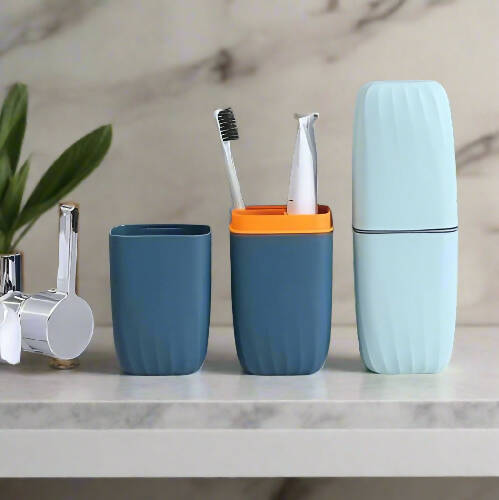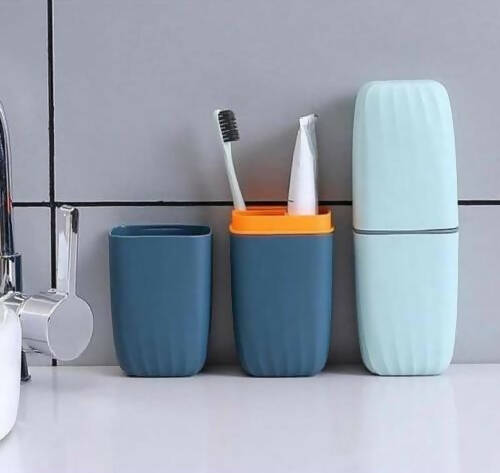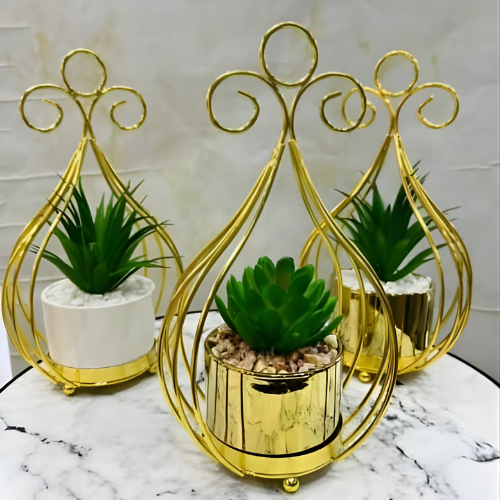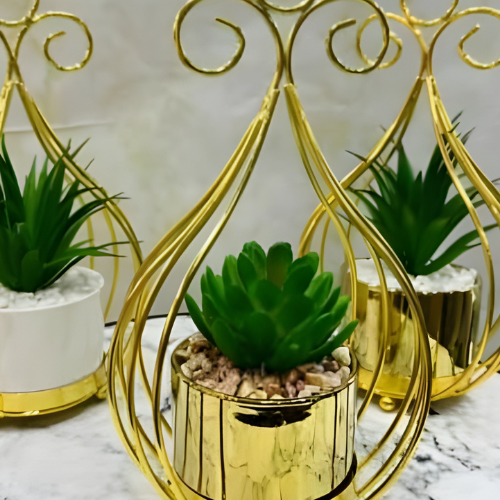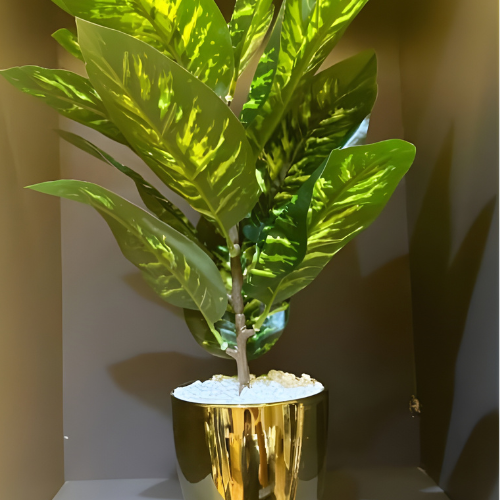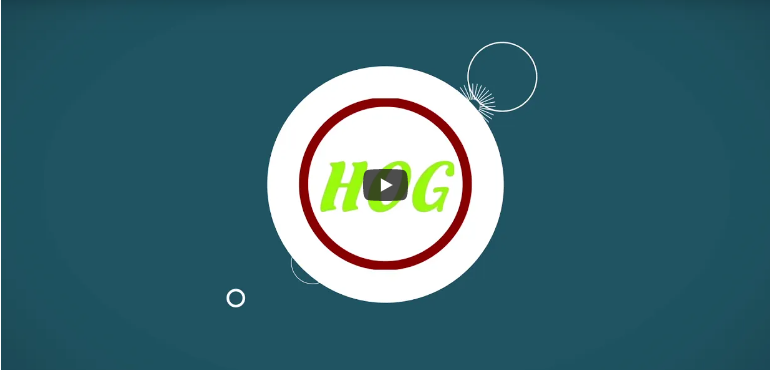Do you find strange noises, recurring odors, and slow drains in your bathroom and question whether they indicate a serious issue?
Most homeowners are plagued with such questions but neglect professional attention, expecting the problems to rectify themselves. It is essential to recognize the warning signs of plumbing issues before it's too late to save you from incurring expensive repairs and ensure you have a healthy, functional bathroom.
In this guide, we highlight the most critical indicators that signal that it's time to call a local plumber service and consider your bathroom's plumbing as soon as possible.
Dripping Faucet? Don't Ignore It
A dripping tap or shower may not appear serious at first glance. Think again. One drip every few seconds may not seem like much, but over time, it can waste hundreds of gallons of water annually. That is money going down the drain through increased utility bills.
Chronic leaks can cause water spots, corrosion, and long-term harm to the sink, appliances, and cabinets. The moist atmosphere also favors mold and mildew, which can affect your bathroom's air quality and your health. Sometimes, a deteriorated washer or loose valve is enough to cause a leak. Repair them quickly for your pocketbook and the well-being of your bathroom. Keeping them in disrepair is an expensive blunder waiting to occur.
Drains Are Slow? Check Them Out
Water pooling in your shower or sink is a sign of trouble. A sluggish drain typically indicates that something is slowing down your pipes, and it will not disappear by itself. Hair, soap scum, toothpaste, and personal care product residue accumulate slowly over time, closing off the drainpipe passage. This results in slow water flow, gurgling, or backed-up water.
It may result in a complete clog that produces sloppy overflows if ignored. Worse, stagnant water is an ideal breeding ground for bacteria and stench. Acting early ensures your plumbing remains tip-top and prevents you from experiencing unsanitary and stressful clogs.
Toilet Issues? Here’s What to Watch
Your toilet gets a lot of use. When it fails to perform, it can cause immediate inconvenience. Toilets are among the most used plumbing fixtures in your home, and when they break, the impact is instant. Look for these signs:
-
Weak Flush: Does it take more than one attempt to flush the bowl? Low tank water pressure, clogged jets below the rim, or worn-out flush mechanisms could be the cause.
-
Running Toilet: That constant refilling sound wastes water and usually means a faulty flapper or leaking fill valve. A constantly running toilet could waste as much as 200 gallons of water daily. The longer it goes unfixed, the higher your water bill climbs.
-
Leaky Base: Puddling water at the toilet's base is a warning sign. This usually indicates a cracked wax ring seal, allowing unclean water to penetrate your floors, causing water damage, warping, and mold. If neglected, it could even compromise the flooring beneath your toilet.
Repair toilet issues quickly to conserve water, prevent structural harm, and enjoy a clean, odorless bathroom.
Water Where It Shouldn't Be? Act Fast
Discovering water where it shouldn't be is never a welcome sign. When you see unusual wet areas on your bathroom floors, walls, or even ceilings in downstairs rooms below the bathroom, a concealed leak could be the culprit. Such leaks might be due to ruptured supply lines, loose fittings, or old drain pipes.
Though the water may not be pouring out, even minor secret leaks can become huge issues in the long run. The ongoing moisture fosters mold growth, causes paint to peel, and discolored drywall. Even worse, it can threaten the structural integrity of your home if it seeps into wooden framing or support beams.
If you see it more than once or in strange places, do not ignore it. Check the source immediately and call a plumber if needed.
Bad Smells From Drains?
Gross odors from your shower, sink, or toilet drains are not usual. They're not just bad. They usually indicate that something is rotting or decaying within your pipes. Hair, soap scum, toothpaste buildup, or even tiny food particles can remain in drains and start to rot. This gunk is a breeding ground for mold and bacteria, producing that characteristic musty or sour odor.
If a fixture hasn't been used for some time, water in the trap may evaporate, and foul odors can travel up. Other times, the odor indicates a more serious problem, such as a clogged or broken vent pipe or a crack in your home's main sewer line.
While drain cleaner may temporarily cover up the odor, if it continues to recur, the issue will go below the surface. Call a plumber to look at and fix it before it gets worse.
Odd Sounds From Pipes?
Your pipes should be quiet. They attempt to tell you something is amiss if they emit strange noises. Listen for:
-
Banging Pipes: You may have a water hammer if you hear knocking noises as you turn the water off or on. This happens when a sudden cut-off of water flow makes pipes vibrate. Over time, this loosens the fittings on the pipes and even causes them to burst.
-
Gurgling Noises: Gurgling usually happens when air gets trapped in the pipes or when there is a partial clog. If water drains slowly and you notice gurgling from the toilet or sink, your plumbing system could have a venting problem.
-
Whistling Pipes: A squealing noise when water flows can indicate that water is being pushed through a constricted pipe or partially obstructed valve. It is often linked to scaling, oxidation, or aging of components inside the pipes.
Spiking Water Bill?
Did you ever see your water bill suddenly spike with no added usage? A silent leak in your bathroom may quietly wastewater and money. Leaks behind walls, floors, or ceiling spaces usually go unseen until extensive damage emerges. These are typically due to old pipes, leaky connections, or covert toilet and faucet drips.
“The Environmental Protection Agency reports that residential leaks waste almost 10,000 gallons of water annually.”
That is a lot of cash straight down the drain. Keep an eye on your water bill. If it jumps unexpectedly and you can't account for it, check immediately. A quiet leak can be causing more harm than you know.
Final Thoughts
Overlooking these bathroom plumbing issues is like ignoring a car's check engine light. Sure, it might run for a bit, but the problem will eventually grow, and so will the repair costs. What starts as a minor inconvenience, like a small drip or faint odor, can snowball into significant structural damage, mold infestations, or even complete pipe failure.
Whether it is the incessant toilet refill, water in the stand shower, or strange pipe creaks in the middle of the night, knowing when a DIY solution won't work is essential. Occasionally, all one needs is a simple fix to avoid a ruinous mess. An experienced local plumber can catch things before they happen, provide lasting solutions, and save time and money.
Author Bio
Joshua Turner is an experienced content marketer and outreach specialist with a strong background in SEO and digital marketing. Passionate about helping businesses grow, he focuses on driving organic traffic and acquiring high-quality backlinks. Joshua has collaborated with a wide range of industries, particularly SaaS, providing tailored content strategies and effective outreach solutions.



